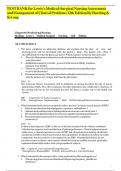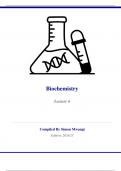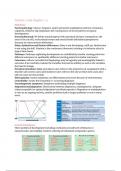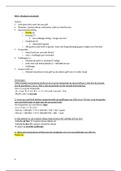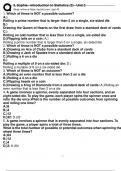An initial consequence of the Cuban Revolution of 1959 was the vulnerability to the US mainland and
the threat of its sphere of influence within its own 'backyard'. Before the revolution the USA and
Cuba had a close friendship which was important as the US had strong economic interests on the
island, it was a popular vacation destination for Americans, and was only 145km from US mainland.
However, after the revolution, with Fidel Castro overthrowing the right wing government the
relationship turned bitter and Castro turned to the USSR for support whom, knowing the strategic
position of Cuba, happily agreed to trade with each other and become allies. Khrushchev was also
very keen on challenging the US for Cuba as he needed some success after his failures within the
Soviet Union. Having a communist state, friendly with the USSR was already a nightmare for the
USA, threatening their sphere of influence at their own 'doorstep', but when Khrushchev sent
military weapons and missiles to Cuba in 1960 the vulnerability of the US mainland was extremely
evident too.
Another consequence of the Cuban Revolution of 1959 was increased rivalry between the USA and
the Soviet Union. The Soviet Union getting friendly with the new Cuban leader, Fidel Castro, posed a
large problem for the USA as it had created a major threat to national security and the sphere of
influence owned by the US in the West. However, rivalry between the two superpowers was also a
clear consequence of the revolution as it was an opportunity for Khrushchev to seize success against
the US which he desperately needed for his failures of securing Europe and Germany. On the other
hand, the young new US president Kennedy still needed to express and prove his strength in
international political affairs taking Cuba as another challenge determined to bring it back under a
capitalist influence improving his image and eliminating a possible domino effect of communism in
the far west. This 'competition' for influence over Cuba heavily increased already built up tensions
between the superpowers as a consequence of the revolution.

